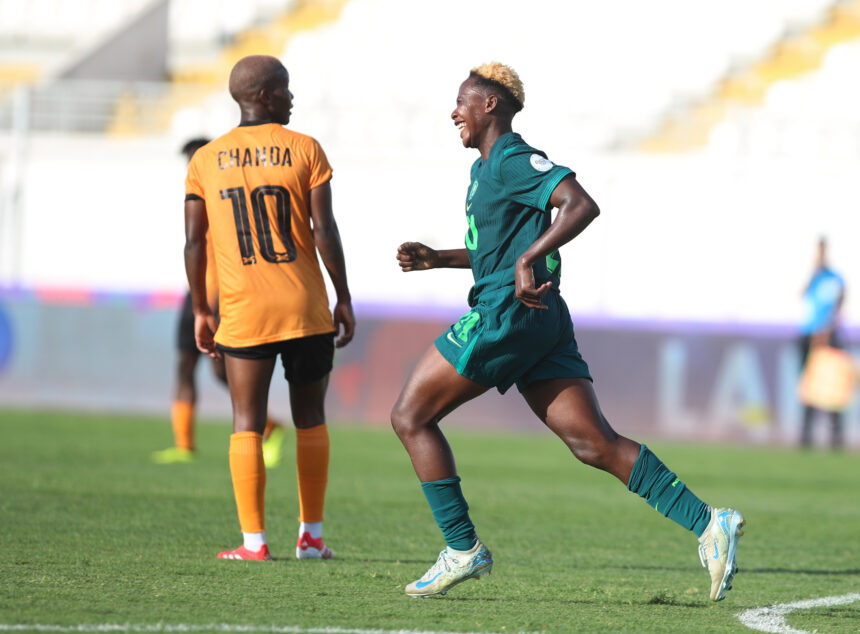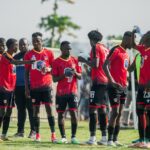Nigeria were crowned as the Women’s Africa Cup of Nations (WAFCON) winners for the 10th time in their history on Saturday. The Super Falcons came from behind to defeat hosts Morocco 3-2 at the Olympic Stadium in Rabat.
The tournament, which kicked off on July 5, yielded a record-breaking 66 goals from the 12 participating nations. Breathtaking goals, jaw-dropping scorelines, enthralling tactical matchups, and astounding player performances characterised the biennial showpiece.
Now that the tournament has concluded, here are four key lessons to draw from this memorable event.
Nigeria remains Africa’s superpower
The Super Falcons walked the talk at the 2024 WAFCON, successfully bagging their 10th title in a campaign they labelled Mission X prior to the tournament. Following a subpar outing in the previous edition of the competition in 2022, they were a wounded buffalo heading into this championship.
Nigeria blew away all their title rivals, Zambia, South Africa, and Morocco, en route to their tenth crown. Despite showing signs of faltering in their latter group matches, the Super Falcons came out firing on all cylinders in the knockouts.
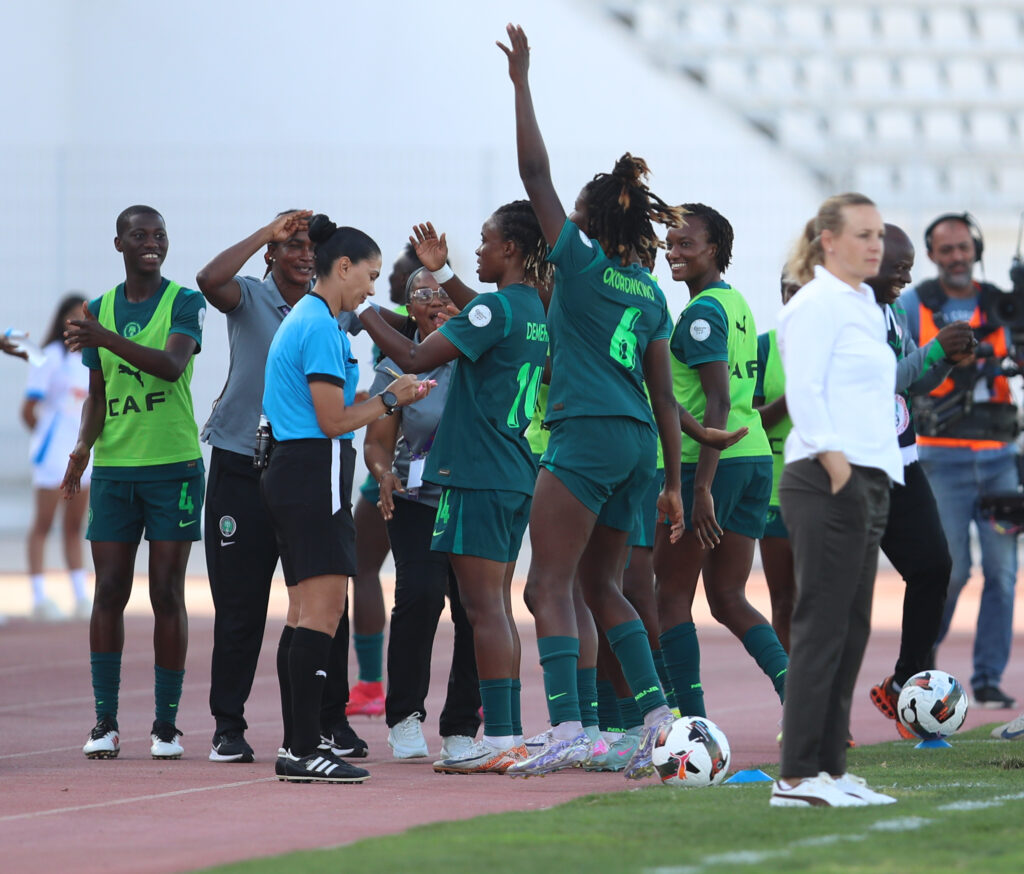
They humbled the Copper Queens 5-0 in the quarterfinals, exacting revenge on Zambia, who edged them to a bronze medal three years ago. Defending champions South Africa were the next victims, falling 2-1 to Nigeria in the semifinals.
The Super Falcons capped off their phenomenal tournament by overturning a 2-0 deficit in the final to beat hosts Morocco 3-2 and hoist the WAFCON trophy.
Host advantage truly matters
Home advantage proved to be a fuel for Morocco at the WAFCON yet again. This, however, takes nothing away from the Atlas Lionesses, whose resurgence in women’s football over the last few years has been remarkable.
Morocco has made back-to-back WAFCON finals and became the first North African nation to qualify for the FIFA Women’s World Cup. The country has invested heavily in the women’s team, signing World Cup-winning manager Jorge Vilda as head coach in 2023.
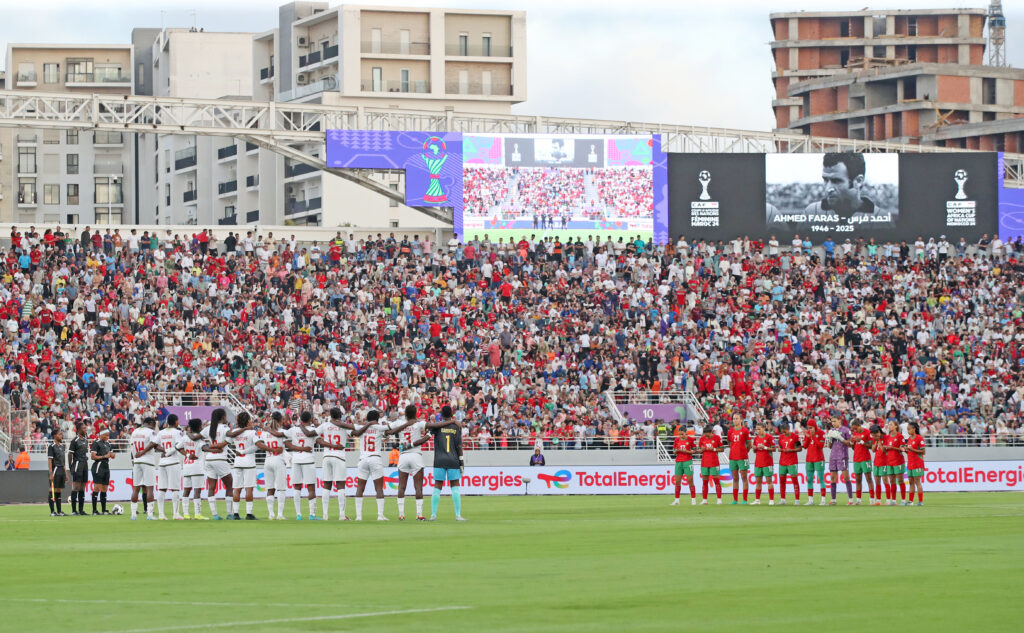
The Atlas Lionesses have been a reliable host nation for the WAFCON, hosting the 2022 and 2024 editions.
In those tournaments, the discrepancy in attendance between matches featuring Morocco and those without them was evident. The 12th man has really been influential for the Atlas Lionesses, who produced two impressive runs to the grand finale of the continental showpiece.
The onus is now on other nations who truly wish to make a mark on the WAFCON to invest in their infrastructure for upcoming tournaments. The 2026 edition, which will decide the 2027 FIFA Women’s World Cup participants, will be held in Morocco yet again.
Zambia needs to pull up their socks
The 2024 WAFCON was a very important reality check for the 2022 bronze medallists. Heading into the tournament, the Copper Queens were a genuine contender to go all the way.
Boasting the tactical genius of Nora Häuptle and arguably the best strike partnership on the continent in Barbra Banda and Racheal Kundananji, Zambia was expected to be a force to be reckoned with.
However, a tormenting 5-0 defeat to Nigeria left Zambia with their tails between their legs. The Copper Queens were left pondering what had really gone wrong, while fans back home were in absolute disbelief.
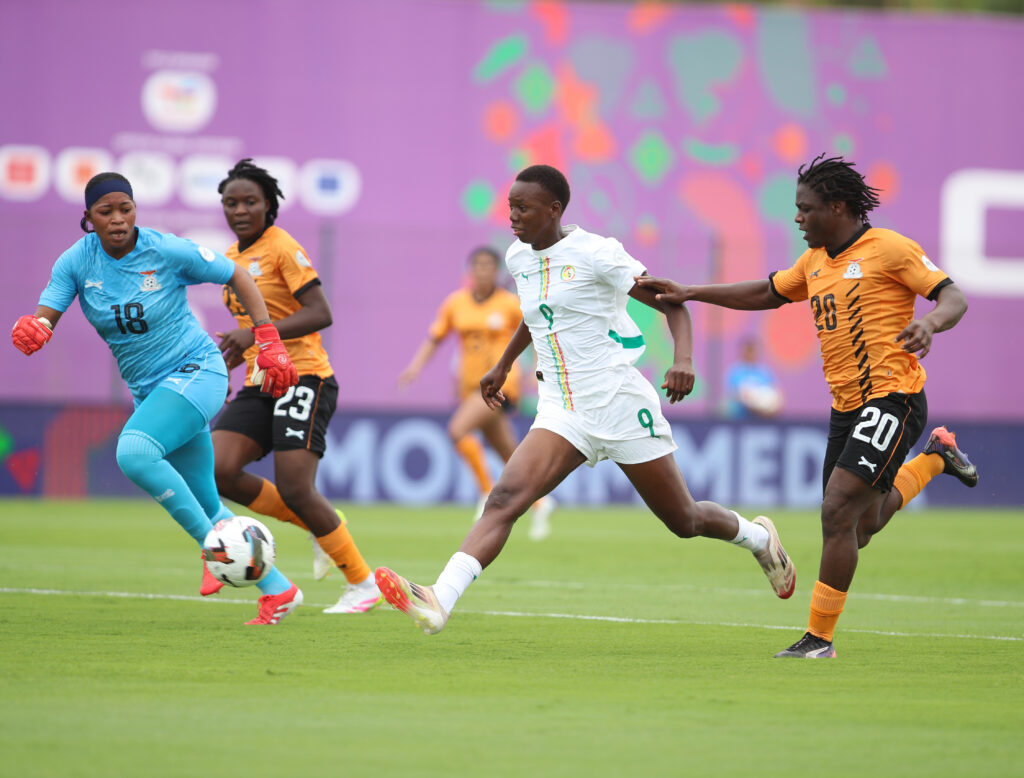
As a team with experience in major competitions like the FIFA Women’s World Cup and the Summer Olympics, the Copper Queens should, by now, have learnt what it takes to perform at the highest level. The famous saying, ‘Attack wins you games, defence wins you titles,’ should be echoing in the minds of the association, coaching staff, and players.
Football is more than just Barbra Banda and Racheal Kundananji. The Copper Queens need to strengthen their defensive and midfield departments if they truly want to contend at major tournaments.
Nora Häuptle has a lot of work ahead of her and plenty of scouting to do as she looks to assemble a crop of players capable of delivering on the big stage.
African women’s football is getting competitive
The 2024 WAFCON was not without a few upsets. The road to the latter stages for the title contenders had its rough spots.
Newly crowned champions Nigeria did not always have it their way. Botswana pushed the Super Falcons to the wire in their Group B encounter, narrowly losing to them in the dying embers of the contest. The West Africans were also held to a goalless draw by Algeria.
Elsewhere, Tanzania stunned holders South Africa by taking the lead against them in their second group match. The Banyana Banyana only equalized in the 70th minute against the Twiga Stars.
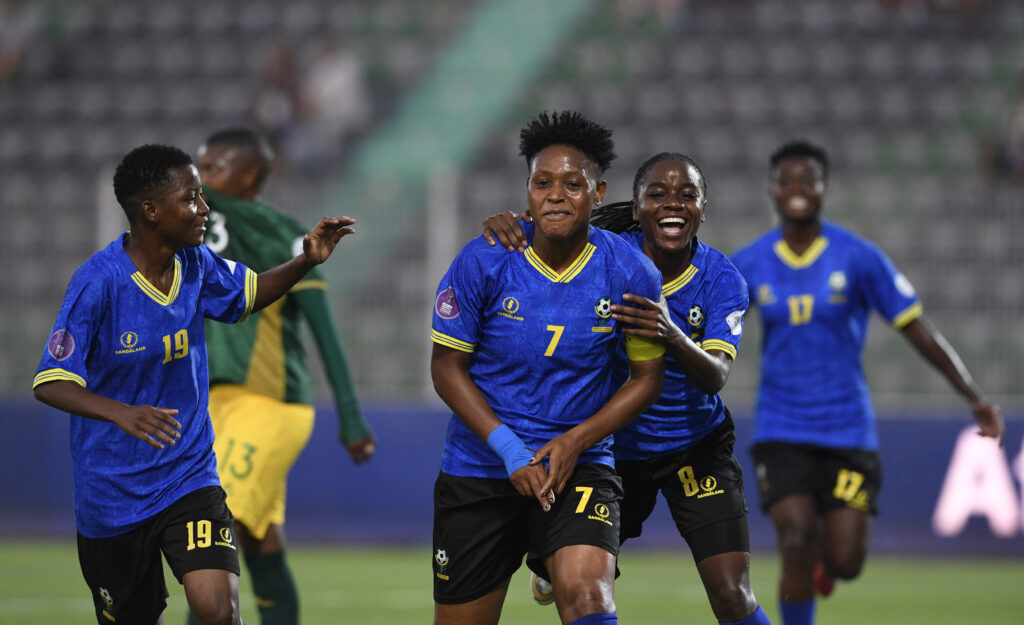
Despite a near-decade-long absence from the competition, the Democratic Republic of Congo proved to be a tough nut to crack for Zambia, who only managed to score once in that fixture. The Copper Queens’ failure to get a convincing result against Les Léopards dames saw them face Nigeria in the quarterfinals and the rest was history.
While the likes of Nigeria, Morocco, South Africa, Zambia, and Ghana remain the sides to beat, we should not continue to underestimate other less fancied African sides.





